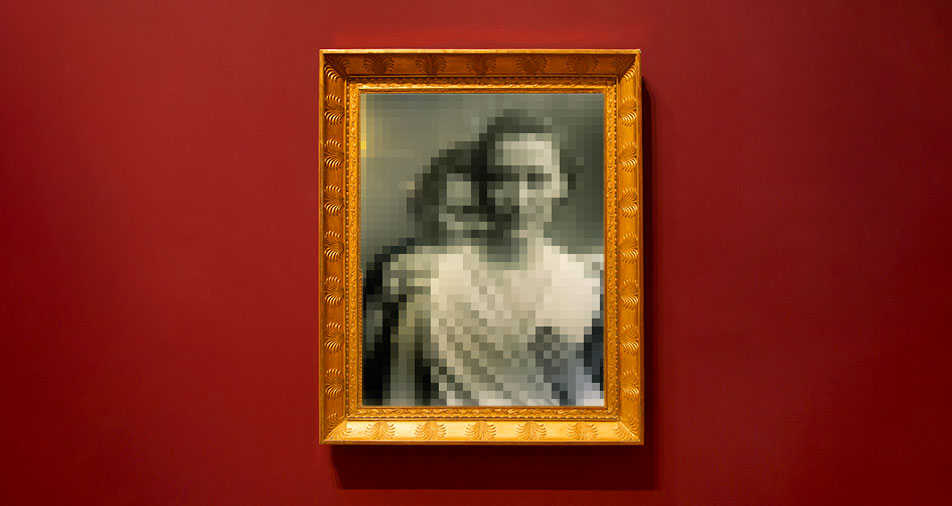
German artist Boris Eldagsen, who recently won a prestigious photography competition with a stunning black and white portrait, is now refusing the award after admitting the image was created using an AI image generator, The Guardian reports.
In a statement on his personal website, the artist described himself as being a “cheeky monkey” for entering the Sony World Photography Awards with an AI-generated image.
His purported goal was to test whether the award was capable of identifying his faked artwork — and provoke a debate surrounding the use of AI in the field of photography.
“With my refusal of the award I hope to speed up this debate,” Eldagsen wrote in his statement.
“AI images and photography should not compete with each other in an award like this,” he added. “They are different entities. AI is not photography. Therefore I will not accept the award.”
The artist is now considering donating his prize to a photo festival set to take place in Odesa, Ukraine.
The news comes after artist Jason Allen entered the Colorado State Fair’s fine art competition with an AI-generated painting last yea, and won, sparking a similar outcry from artists around the world.
In short, AI art is here to stay, at least in the short term, whether artists like it or not.
So far this year, AI-generated art has been featured in the Louvre in Paris, France. An entire art exhibit in the Hague in the Netherlands also featured AI remixes of Dutch painter Johannes Veermeer’s masterpiece “Girl With a Pearl Earring.”
That’s despite the fact that the US Copyright Office ruled earlier this year that AI-generated images featured in a recently published graphic novel shouldn’t have been granted copyright protection, representing yet another wrinkle in the ongoing debate.
But whether Eldagsen’s message will be able to sway the conversation one way or another remains to be seen.
For one, the organizers of the World Photography Organization claim they knew Eldgasen had used AI to generate the image and still chose him as the winner, nonetheless.
In other words, was Eldagsen really a “cheeky monkey” — or was the ruse up before it even started?
“In our correspondence, he explained how following ‘two decades of photography, my artistic focus has shifted more to exploring creative possibilities of AI generators’ and further emphasizing the image heavily relies on his ‘wealth of photographic knowledge,'” a World Photography Organization spokesperson, who was in touch with Eldagsen at the time, told The Guardian. “As per the rules of the competition, the photographers provide the warranties of their entry.”
According to the spokesperson, “we felt that his entry fulfilled the criteria for this category, and we were supportive of his participation.”
Eldagsen’s claims that he was in fact attempting to mislead the organization led the organizers to invalidate the “warranties he provided.”
The exchange has clearly soured the relationship, with the World Photography Organization choosing to sever ties with the artist.
“While elements of AI practices are relevant in artistic contexts of image-making, the awards always have been and will continue to be a platform for championing the excellence and skill of photographers and artists working in the medium,” the spokesperson told The Guardian.
More on AI art: AI-Generated Painting Wins State Fair Fine Arts Competition